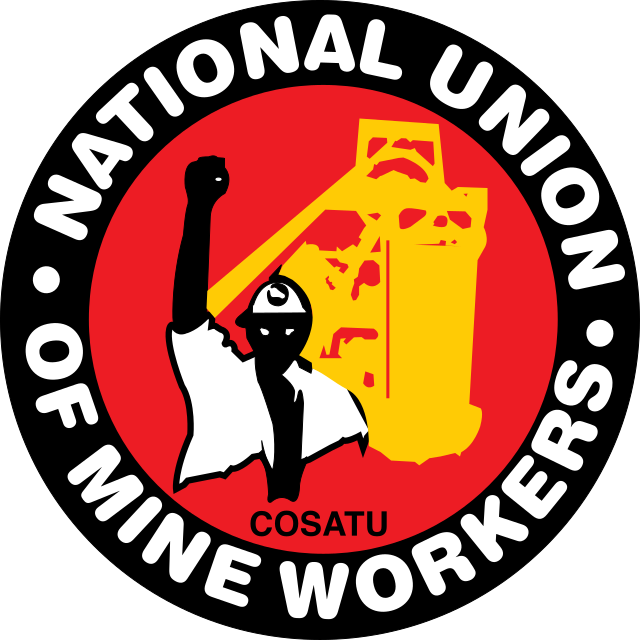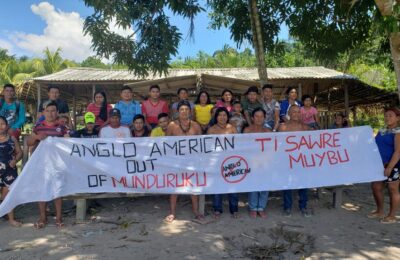From Trade Unions for Energy Democracy, a report from South Africa:
 At its recent 17th National Congress, South Africa’s National Union of Mineworkers (NUM) adopted a bold position in favor of keeping the country’s electrical power utility Eskom fully public.Attended by roughly 750 delegates, the three-day congress — held in Boksburg, South Africa, from March 30th to April 1st, 2022 — adopted a report titled “Just Transition and the Energy Sector.” The report declares:
At its recent 17th National Congress, South Africa’s National Union of Mineworkers (NUM) adopted a bold position in favor of keeping the country’s electrical power utility Eskom fully public.Attended by roughly 750 delegates, the three-day congress — held in Boksburg, South Africa, from March 30th to April 1st, 2022 — adopted a report titled “Just Transition and the Energy Sector.” The report declares:
As a union with a long history of internationalism, NUM is today part of a global trade union-led effort to secure a Just Transition to a low carbon future. Once championed by unions, the term just transition has been hijacked by capital and its original meaning has been distorted. It is now being used to advance a global “green structural adjustment” agenda, one that is using the climate emergency as cover to advance privatisation and to dismantle public companies and assets.
(The full Eskom report can be found here.)
In recent years, NUM has worked alongside the National Union of Metalworkers of South Africa (NUMSA), TUED, AIDC and the Transnational Institute to repel government-led efforts to break up and privatize the national utility Eskom. The effort led to the publication of a major report titled Eskom Transformed — an in-depth look at the potential of a fully-resourced public utility to drive a just energy transition in a way that safeguards South Africa’s energy sovereignty, removes predatory profiteering, and creates jobs. NUM’s Congress document marks the latest phase in the effort to defend public energy in South Africa and to demarketize the national utility. As the report states:
We wish to be clear: NUM supports bold and urgent action to address climate change. Our opposition to green structural adjustment is not a sign that we are indifferent to the threat of climate instability. Quite the contrary. We want an effective climate policy, one that is socially progressive while advancing economy-wide decarbonisation. The government’s current approach — which has been handed down to South Africa by the IMF, the World Bank and other representatives of capital — will achieve neither.… For NUM, a just transition policy cannot simply be a defensive policy, “that leaves no one behind.” What we have put forward is a facts-based, scientific, and rigorous set of arguments on why a public pathway represents the most feasible way to tackle South Africa’s energy crisis. A fully funded, transformed Eskom based on democratic accountability and governance can lead such a pathway. This is not just good for the environment, it represents the only realistic way of securing decent work and a living wage for workers, who currently face the threat of retrenchments.


